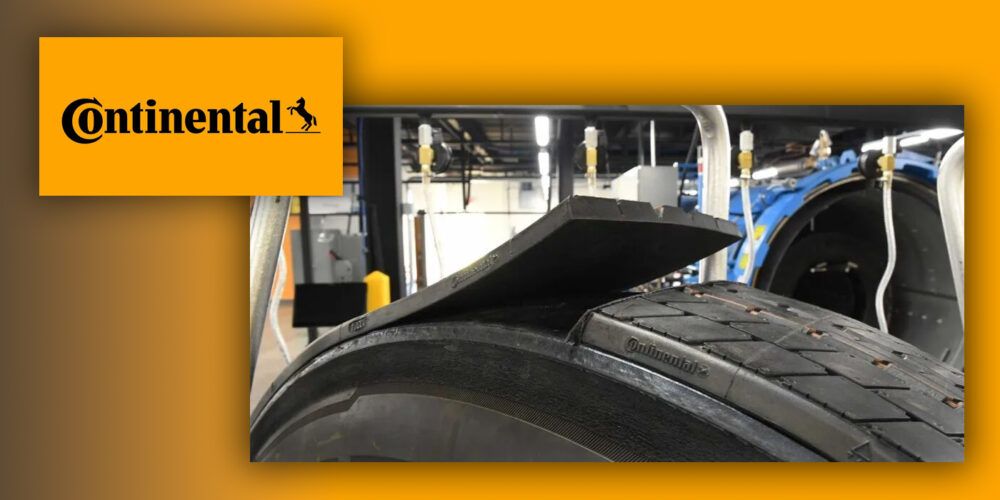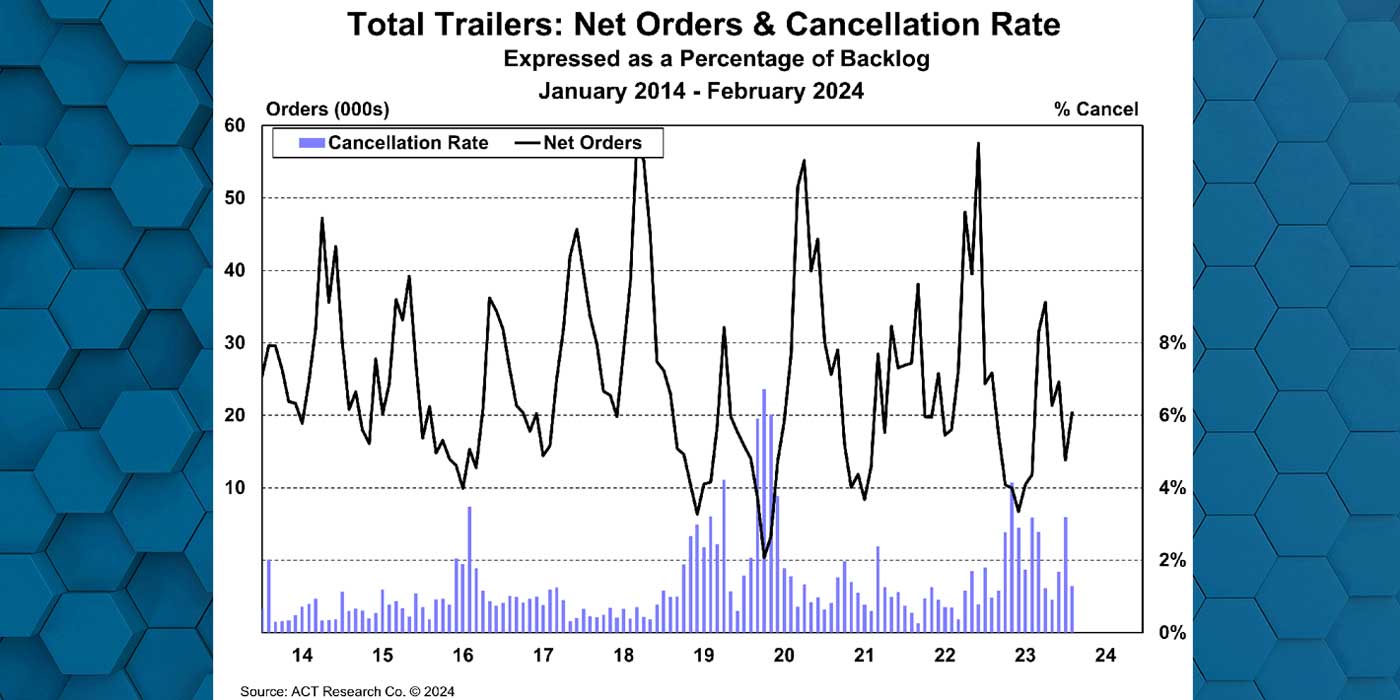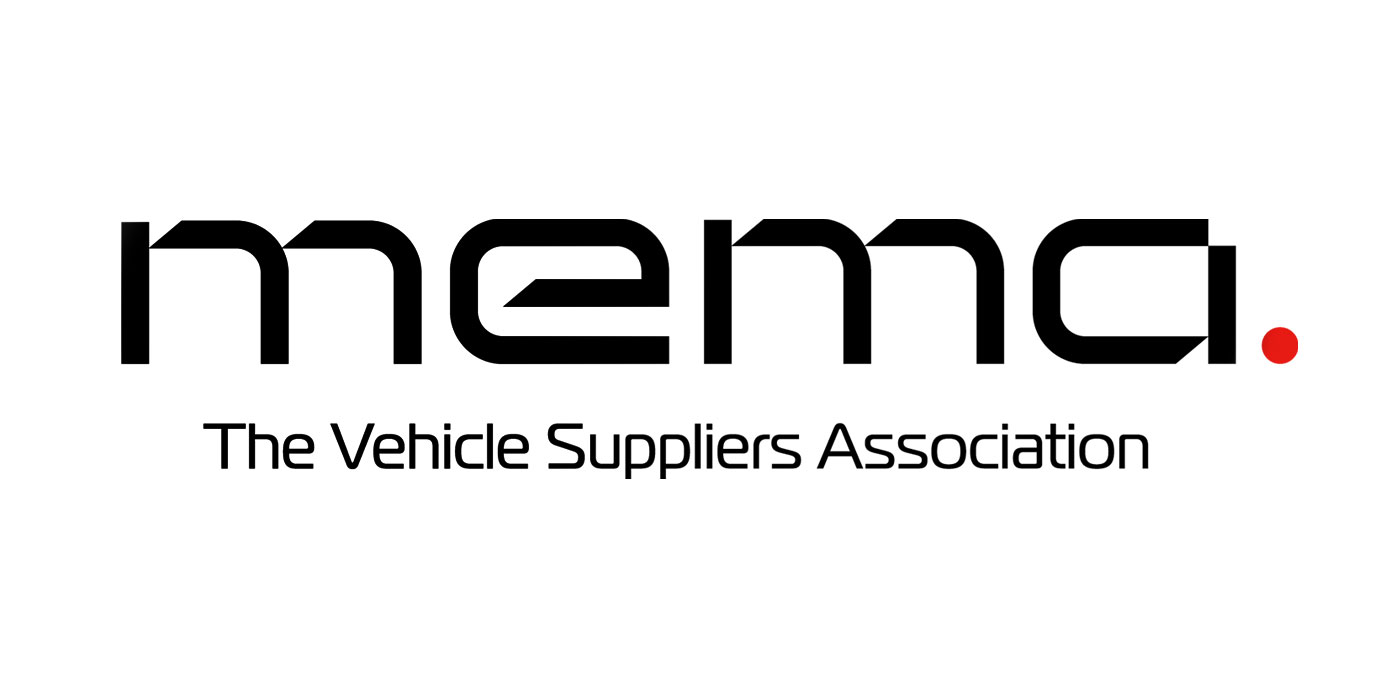I should be used to it by now, but I just can’t get over the continued lunacy of both state and federal legislators. They continue to advance legislation without trying to understand the applicable science or business reasons for not doing so. They call it “technology forcing legislation.”
The latest fiasco to grab my attention was California’s proposed legislation (Senate Bill 778) to make manufacturers of all motor oil sold in the state guarantee that it can be run for 10,000 miles before changing oil. This legislation is an attempt to reduce the quantity of used oil generated in California. Instead of trying to understand how used oil generated in the state can be safely disposed of, state senator Ben Allen proposed this legislation.
If passed, this bill would increase the cost of all motor oils sold in the state (increased base stock and additive chemistry prices), and it still doesn’t solve the problem of determining where the used oil was disposed. Fortunately, the Senate Appropriations Committee voted in May to “hold” SB778. This means SB778 is effectively dead for at least one year.
Edmund Burke once said that “bad laws are the worst form of tyranny.” It’s almost as if legislators are trying to bring every business out there to their knees, and for what? All it does is raise the cost of doing business in an economy that isn’t in the best of shape. CARB and EPA legislation from 1971 to 2007 cost this country trillions in lost fuel economy.
Want more insight from John Martin? Click here to see all of his columns.
The unwavering promotion of corn-based ethanol by ADM and corn-growing farmers should have taught me something. After repeatedly being told by scientists that corned-based ethanol decreases fuel economy and increases GHG emissions, the ethanol lobby still pushes for legislation to increase our nation’s usage of corn-based ethanol.
Let me give you another example. The EPA’s Tier III motor vehicle emission and fuel standards require an 80% reduction in methane, a 70% reduction in particulates and a reduction in gasoline sulfur content from 30 to 10 PPM. These reductions will cost us consumers two to three billion dollars per year. The fuel sulfur reduction in particular will provide no measurable benefit, so why do it?
The federal government’s infrastructure funding commitments are also in jeopardy. The EPA’s final rule, expected late this year, calls for the federal government to curtail spending on infrastructure projects if the project exceeds a new cap of 65 PPM on ground level ozone. Ozone is an important atmospheric compound since it helps shield the earth from the sun’s radiation. Although ground level ozone has a slight negative effect on people, it’s the ozone levels at high altitude that are actually something we want to control. This will be just one more way to prevent us from repairing our aging infrastructure.
The EPA’s administrator, Gina McCarthy, stated on July 7 that reducing carbon dioxide and GHG emission is so important an issue that government action cannot wait until everything is known about climate change. She said we will lose billions of lives if we fail to act now. I have one question: Where is the data to support the EPA’s unbelievable loss of life claims?
If we really want to quickly reduce GHG, let’s refuse to allow EPA administrators to make useless presentations. Make them stay in their offices and devise ways to reduce fuel consumption and minimize the use of corn-based ethanol.














